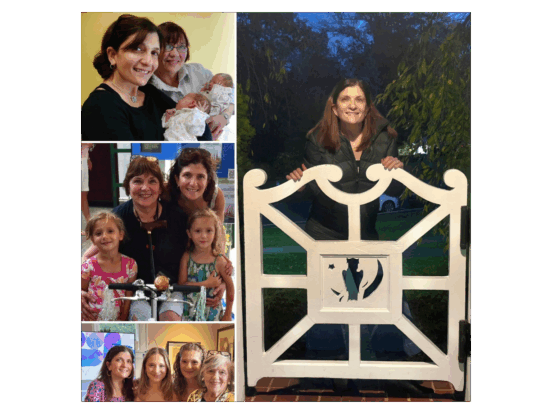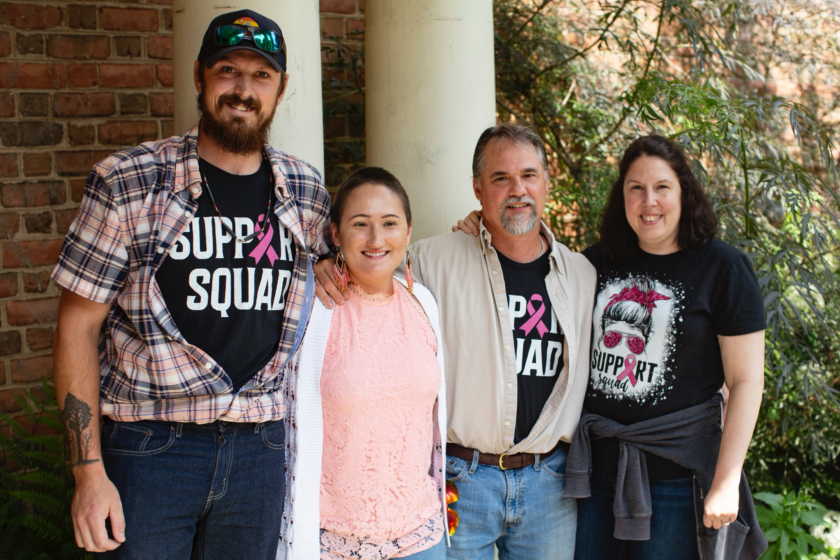Caregiving

By Christine Wilson
Everyone who has faced cancer knows what it means to feel isolated. No matter how good your support system, how well you communicate with your health care team, there are plenty of times when you are alone with your fears, your uncertainty, your understanding that no one can go through your experience.
Covid isolated all of us. The pandemic cut off contact with our families and friends, took away those spontaneous moments of connection, the hugs, even the positives of being in the same room with your doctor or nurse. It was worse for people with cancer whose compromised immune systems often made the isolation more total and the threat of being near other people more potentially deadly. Support groups were by definition virtual. In person patient advocacy was put on indefinite hold. Doctors and nurses were fully garbed in protective gear or seen only on a television screen. The perception of being alone with your cancer became the physical reality of being alone.
At our recent workshop, we felt the strength and joy of people coming together to talk about how they make shared decisions with their health care providers. The workshop funded by our grant from the Danaher Foundation was held in partnership with the Massey Cancer Center at Virginia Commonwealth University. Center director, Dr. Robert Winn and his staff invited 35 cancer patients and caretakers to participate in the workshop.
The term Shared Decision Making may or may not mean much to most patients, but they understand very well what it means to make tough decisions about their treatment and their lives. These issues become even more important when that treatment stretches for months or years, when living with cancer becomes a chronic condition. Given the opportunity to share their experiences, to talk about how they decided to seek a second opinion, ask for a break in their treatment, or tell their doctor about something that mattered to them, a goal or event that influenced their treatment decisions, they responded enthusiastically and with great warmth and respect for each other.
“These people were so hungry to come together and talk to each other,” Dr. Winn said. “You could feel that energy in the room all day.”
The goal of our workshops is to learn more about how cancer patients and caregivers make shared decisions with their doctors and health care team and to help them build and use their storytelling and self-advocacy skills. We ask them about the issues that are difficult or uncomfortable to talk about and they tell us, the costs of their care, balancing jobs or family with treatment, sexuality, fear of asking questions that might have negative or discouraging answers, uncertainty about taking a doctor’s time to talk about the things that matter to them. We do a session on storytelling and communications and end with a Story Slam in which we basically provide an “open mic” and encourage people to respond to a prompt about their decision making. But in this workshop, the need to share spilled over into every part of the program.
In Richmond, the patients, caregivers and the health care providers all reminded us that sharing is a key component of shared decision making. Telling stories allows both the tellers to articulate their experiences and those hearing the story to respond and connect. The act of telling and listening to the story helps to clarify what matters and open pathways to making decisions. Being together, connecting, telling stories is not a by-product of what we are doing, it is an essential component of the shared decision making process. We can teach skills and help patients communicate better with their doctors, use their time with their doctors to talk about what matters to them. But, we should never underestimate or overlook the value of letting people talk to each other and share their experiences, their unique and powerful perspectives on what it means to face cancer.
